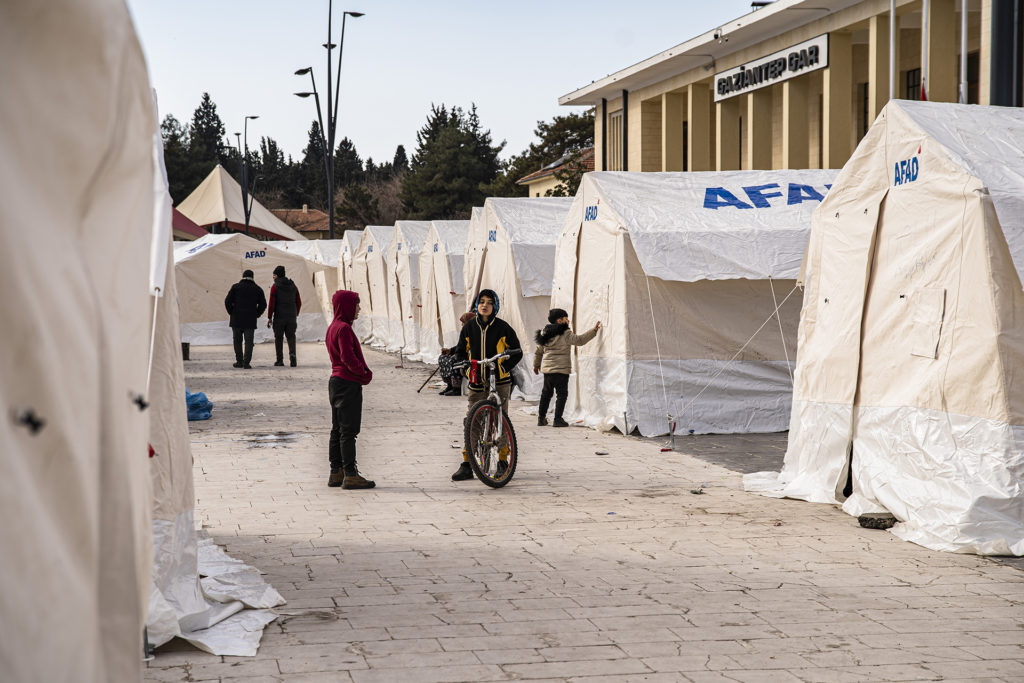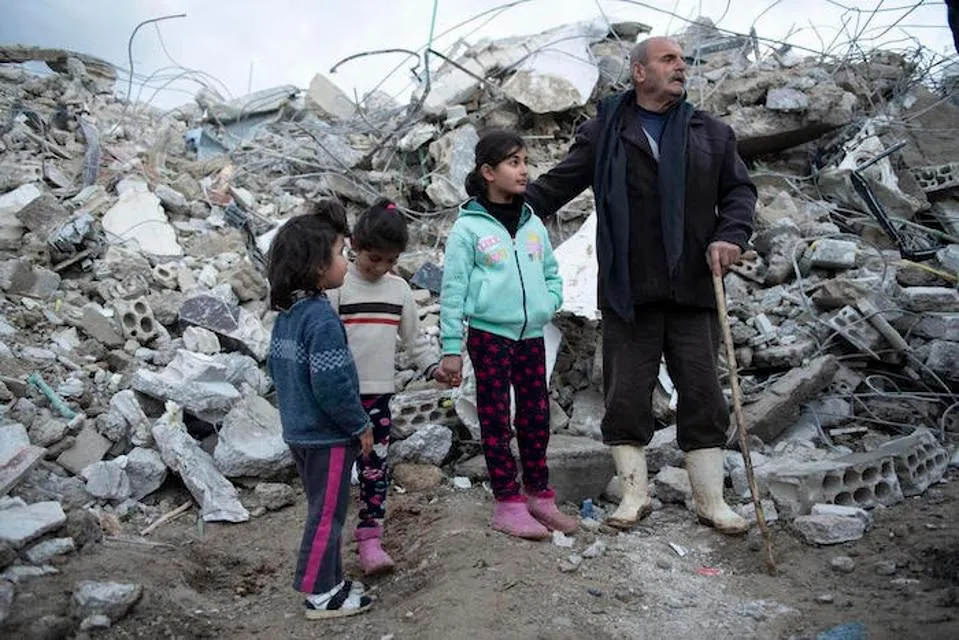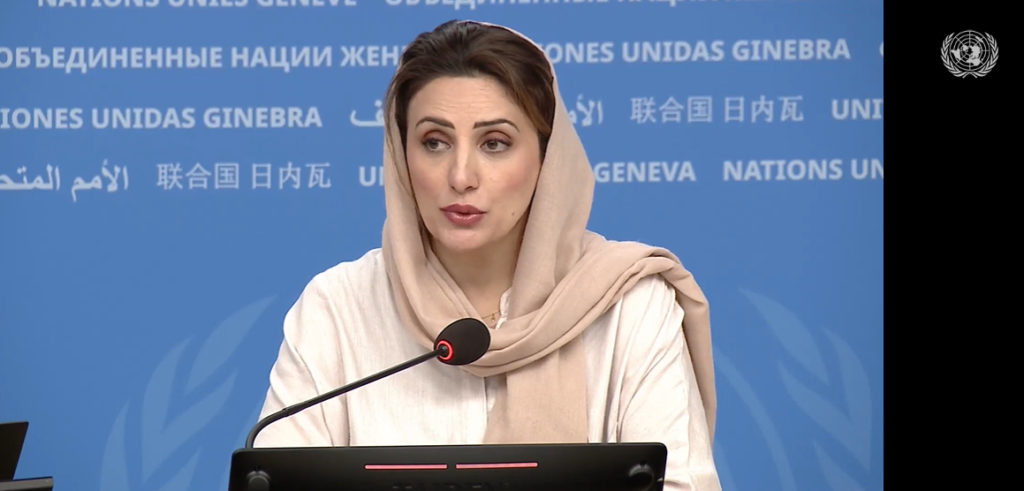A Year After Devastating Earthquake Hit Syria And Türkiye ...
One year after a 7.8 magnitude earthquake wracked Türkiye and Syria, some 690,000 people remain displaced in southern Türkiye, out of the 3 million people that initially lost their homes when the natural disaster hit in the early morning of 6 February 2023.

Another 40,000 Syrians remain internally displaced mainly in the northern region of the country.
At the same time, the number of Syrians requiring humanitarian assistance has increased from 15.3 to 16.7 million people as the challenges of internal displacement related to years of civil war, food insecurity, and economic crises compound disaster recovery.
“Thousands are still homeless and vulnerable,” said Shabina Mantoo, a spokesperson for the United Nations High Commission on Refugees (UNHCR). And 40,000 [Syrians] still reside in temporary facilities,” she said, speaking at a Geneva press conference earlier this week where UN agencies renewed their appeals for donors to support earthquake reconstruction.
The earthquake that struck southern Türkiye and northwestern Syria, killed 59,000 people as well as causing widespread damage to infrastructure. A series of aftershocks as well as freezing temperatures further complicated rescue efforts for the tens of thousands injured.
The disaster was one the region’s deadliest in recent times, with years of civil war and conflict compounding Syria’s efforts to recover. Turkiye, meanwhile, continues to host 3.7 million Syrian refugees from years of civil war, compounding its own efforts to recover as well, said Mantoo.

In the weeks immediately following the disaster, United Nations agencies raised some $387 million in pledges for basic humanitarian and health supplies, as well as reconstruction of some 48 damaged healthcare facilities in northwestern Syria.
But in the months that have since followed, global attention and funding has shifted to other conflict zones and areas, such as the civil war raging in Sudan and Israel’s war with Hamas in Gaza.
While Türkiye’s government has undertaken programs of national reconstruction, recently unveiling rebuilt homes and medical buildings in the earthquake’s epicenter of Kahramanmaraş province, much of Syria’s displaced population continues to reside in temporary camps, supported by international aid agencies and donors.
“We don’t have funding to even think of going into larger scale rehabilitation and reconstruction,” said Mads Brinch Hansen, head of the International Federation of the Red Cross delegation to Syria, speaking at the Geneva press conference.

Last month, WHO issued a flash appeal for another $1.5 billion in aid to nearly a dozen Grade 3 humanitarian emergencies raging in the Eastern Mediterranean Region and Africa, including for $80 million for Syria.
On Tuesday, the global health agency warned that funding shortages could threaten WHO’s work in northwest Syria, potentially disrupting direct health aid to two million people.
“On 6 February, it will be one year since a series of devastating earthquakes hit southern Türkiye and northern Syria, killing 50 000 people in Türkiye and 5900 in Syria. Tens of thousands more people were injured, and thousands of homes and public buildings, including hospitals, were damaged or destroyed. This was one of the biggest disasters in the region in recent times,” the agency noted.
“In Syria, the earthquakes hit communities that had already been deeply affected during the 13-year long conflict-driven crisis.”
WHO underlined the role the agency is still playing in supporting Syria’s recovery, including: delivery of health supplies; strengthening disease surveillance and outbreak response; and addressing the mental health and psychosocial needs of the affected populations.
Image Credits: Abdulsalam Jarroud/TNH, @UNICEF/UN0779766/Belal.
Combat the infodemic in health information and support health policy reporting from the global South. Our growing network of journalists in Africa, Asia, Geneva and New York connect the dots between regional realities and the big global debates, with evidence-based, open access news and analysis. To make a personal or organisational contribution click here on PayPal.









































